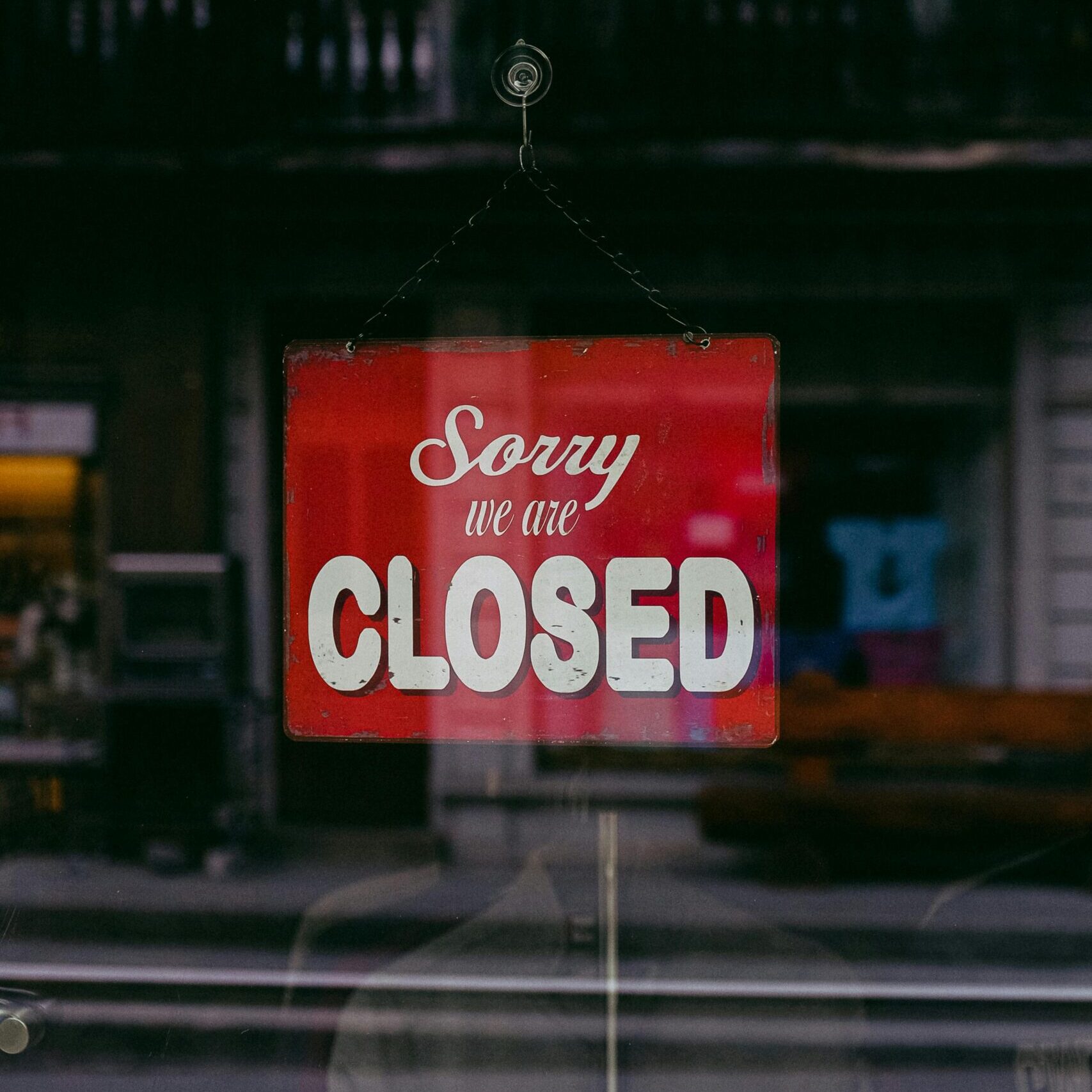
Florida Supreme Court Answers Certified Question: Dram Shop Actions Are Negligence Actions
Overview | Blog Posts | First-Party Coverage | Barry Burkett | Related | Print | Share
April 4, 2024
Florida’s “Dram Shop” statute permits liability against a bar or restaurant for the actions of a person who may become intoxicated and cause harm in only two circumstances. |
The first is when a vendor willfully and unlawfully sells or furnishes alcohol to an underage patron who then causes injury or damage to another.1 Although proof of willful misconduct on the part of the vendor is one of the necessary elements that must be established in dram shop actions involving underage patrons, the Florida Supreme Court recently confirmed that the cause of action is still a negligence claim. Guardianship of Jacquelyn Anne Faircloth v. Mainstreet Entertainment, Inc. d/b/a Potbelly’s, No. SC2022-0910 (Fla. March 7, 2024). |
Faircloth arose from a November 2014 motor vehicle accident involving a 20-year-old driver who was served alcohol at Potbelly’s bar and an 18-year-old pedestrian who was served alcohol at Cantina 101. The guardianship for the injured minor argued that the willful and unlawful sale of alcohol to a minor constituted an intentional tort rather than negligence and, therefore, comparative negligence and comparative fault principles did not apply. The trial court agreed, precluding Potbelly’s from using these defenses at trial. Indeed, due to application of the joint and several liability doctrine, which applies to intentional torts, Potbelly’s stood to bear the burden of satisfying the entire $28.6 million judgment entered against both bars.
Potbelly’s prevailed on its appeal to the First District Court of Appeal, which held that Potbelly’s could utilize the comparative negligence defense between itself and the other bar, but not between the two minors. The District Court emphasized that, because vendors in these actions are derivatively liable for the underage patron’s actions, a jury may not balance fault between the vendor and underage patron that it served or, as the Court noted, between a “willful actor” and a “negligent actor.” Yet, the District Court noted further that “if circumstances permitted,” a vendor would be entitled to ask the jury to compare its fault with the negligent actor.

Recognizing the significance of these issues, the First District Court of Appeal certified the following question to the Florida Supreme Court as one of great public importance:
Whether the comparative fault statute, section 768.81, Florida Statutes, applies to tort actions involving the dram-shop exception contained in section 768.125, Florida Statutes, against a vendor who willfully and unlawfully sold alcohol to an underage patron, resulting in the patron’s intoxication and related injury?
The Florida Supreme Court answered in the affirmative holding that dram shop lawsuits involving underage patrons are negligence actions. In reaching this conclusion, the Florida Supreme Court emphasized that the term “willfully,” as used in section 768.15 of the Florida Statutes, means that a vendor knew that the recipient was underage – nothing more. Accordingly, the statute’s willfulness requirement is distinguishable from a “deliberate intent to injure” or knowledge that injury or death is “substantially certain to occur” required for an intentional tort.
Notably, the Florida Supreme Court chose not to address how liability could be apportioned between the vendors and the minors. On remand, the door is open to interpretation of what “circumstances” referenced by the First District Court of Appeal, will permit an apportionment of fault between the vendors and the “negligent actor.”
For any further questions, please contact Barry Burkett.
1 In Florida, a vendor of alcoholic beverages who knowingly serves a person habitually addicted to the use of alcoholic beverages may also become liable for injury or damage caused by or resulting from the intoxication of such person (which is known as the “habitual drunkard exception”).



